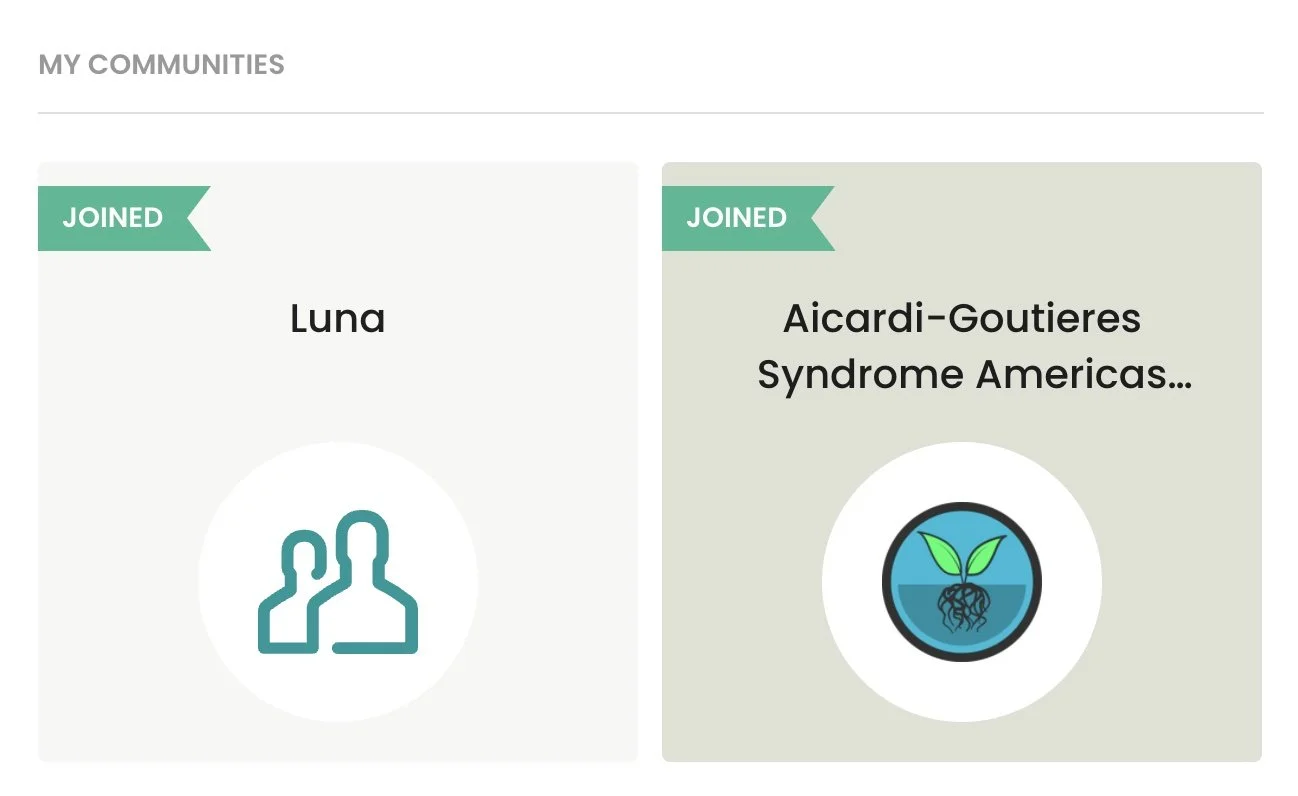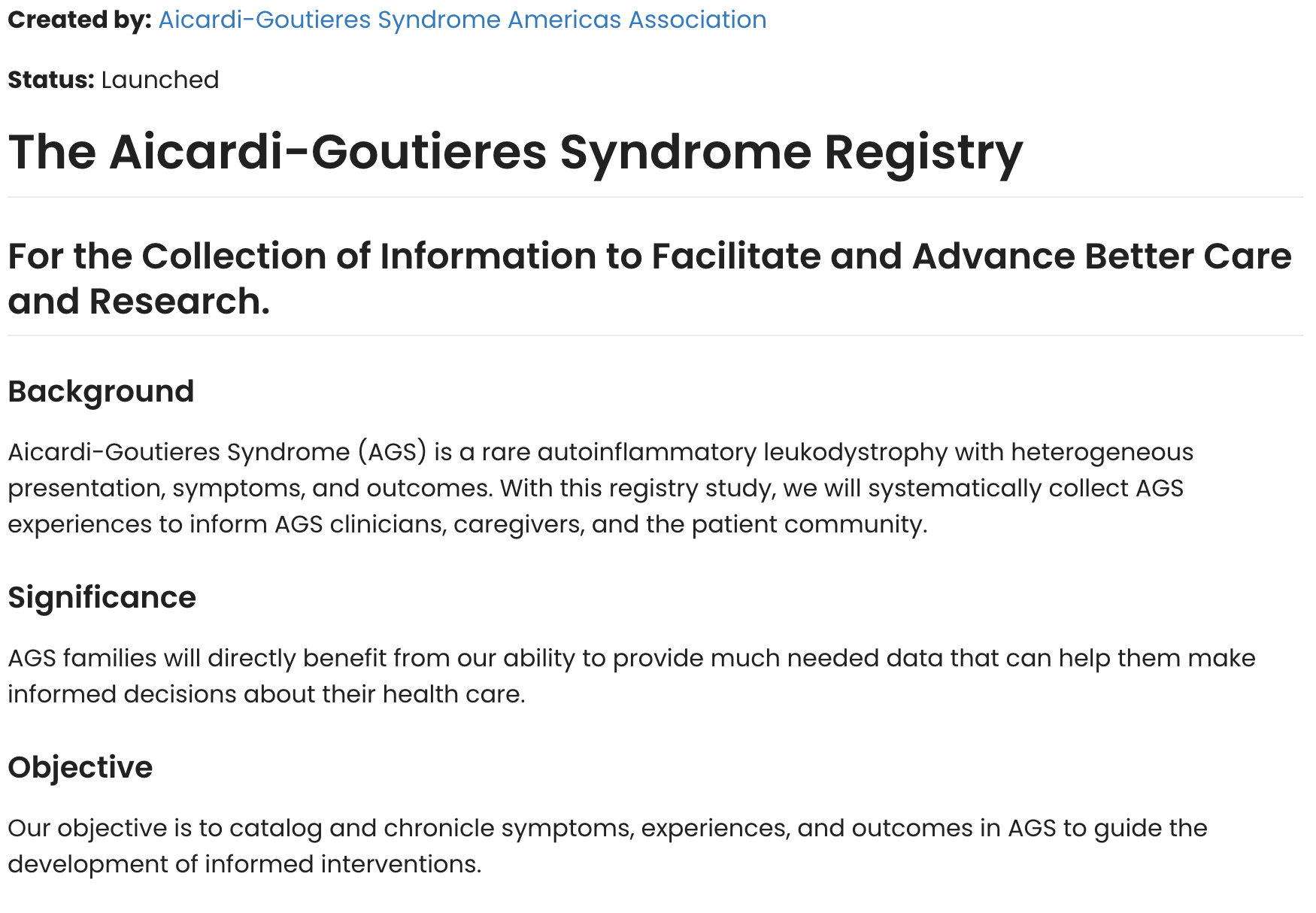Live now, we’re requesting participants in our AGS Patient Registry to answer questions about their experiences with COVID-19 infection. Having relied on social media anecdotes in the past, our rare disease community can now systematically collect experiences and publish a quantifiable risk. This adds to our already launched survey to explore the safety of COVID-19 vaccinations. Combined, these two stories should help guide AGS families in navigating risk during the pandemic and what appears to be the coming endemic phase of SARS-CoV-2. We want to hear from everyone, regardless of whether they’ve been vaccinated or not or been infected with COVID-19 or not. Understanding and documenting vaccine hesitancy and infection rates with COVID-19 in AGS will be equally as important as documenting experiences. Both surveys will allow you to answer in the negative and complete quickly. Additionally, we will always have surveys available to help contextualize your answers along with your genotype, phenotype, and neurodevelopmental characteristics.
We’re learning a lot as we go, including how to organize our surveys, notifications and outreach. We appreciate everyone’s support and patience. Now that we are launching AGS specific surveys, we launched the The Aicardi-Goutieres Syndrome Registry study, For the Collection of Information to Facilitate and Advance Better Care and Research. If you registered and created account shortly after our symposium, upon login you should be directed to our study page with a button to “Join Study.” Previously we had guided you to create accounts and initially join Luna’s “Tell us About Yourself” study as a first step. Every survey we launch and all insights and analysis moving forward will occur within our Aicardi-Goutieres Syndrome Registry study.








